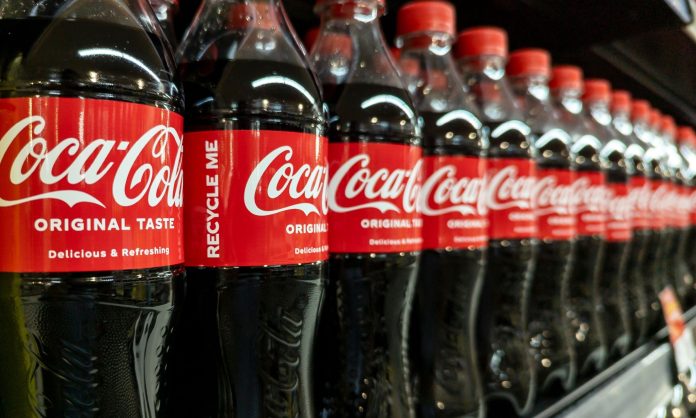Coca-Cola Faces Scrutiny Over Projected Ocean Plastic Pollution by 2030
A new environmental analysis projects that Coca-Cola, the world’s leading beverage company, could be responsible for dumping as much as 1.3 billion pounds of plastic waste into the ocean by 2030 if it does not significantly alter its packaging strategies. This estimation adds pressure on the FMCG giant to accelerate its transition away from single-use plastics.
The research, conducted by ocean advocacy group Oceana, calculated future ocean plastic leakage based on Coca-Cola’s publicly disclosed plastic usage from 2022, in which it reported producing over 3.2 million metric tons of plastic packaging. Despite Coca-Cola’s ongoing sustainability initiatives under its “World Without Waste” platform—launched in 2018—the findings indicate that the current pace of change may not be enough to curb marine pollution.
Coca-Cola aims to use at least 50% recycled content in its packaging by 2030 and recover a bottle or can for every one sold. However, Oceana warns that plastic production remains a core part of Coca-Cola’s packaging model, with PET bottles continuing to dominate its product delivery system. Analysts argue that increased use of refillable, reusable, and alternative delivery systems could be more effective in reducing plastic waste.
The beverage giant has ranked as the top global plastic polluter for five consecutive years in Break Free From Plastic’s annual brand audits. While Coca-Cola has made progress—such as introducing 100% recycled PET bottles in select markets and piloting reusable bottle programs—these efforts have yet to scale at the pace needed to meet both public expectations and environmental demands.
For FMCG stakeholders, the study highlights a broader industry challenge: balancing consumer convenience with sustainable packaging innovation. As regulatory pressures mount and consumer demand for eco-friendly solutions continues to rise, firms relying heavily on single-use plastics may face reputational and strategic risks.
The projections serve as a clear call to action, not only for Coca-Cola but for the wider FMCG sector to reevaluate packaging lifecycles and invest in scalable, circular solutions to mitigate long-term environmental impact.

